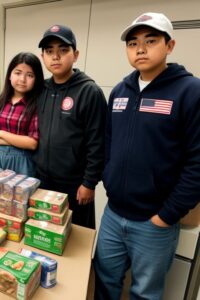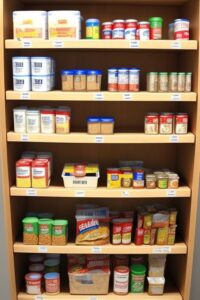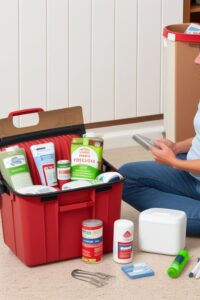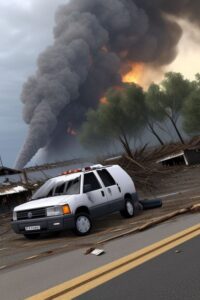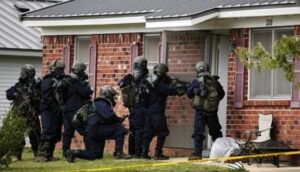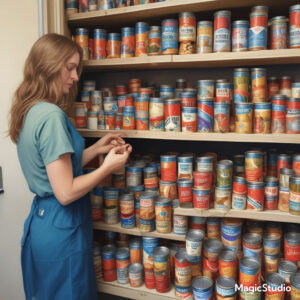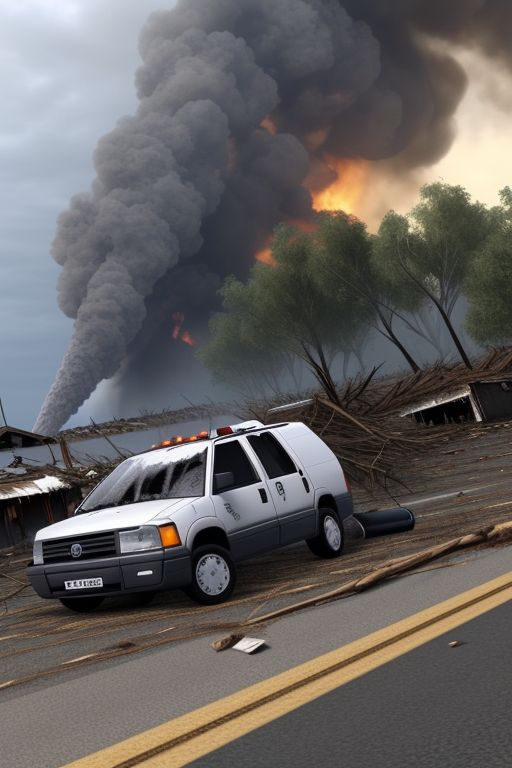
Survival scenarios are anything but average. Each emergency is distinct, shaped by factors like location, weather, the individuals involved, and specific circumstances. Despite these variables, there are a few constants: cold can kill faster than dehydration, dehydration can kill faster than starvation, and panic can be immediately fatal. By learning from others` experiences, we can predict likely dangers and prepare accordingly. Here is a survival process to help guide you and your family to safety, no matter how conditions change.
Maintaining a positive mindset and mental toughness can be as vital as having shelter and water in survival scenarios. A positive attitude serves as a guiding light, aiding in clear thinking and better decision-making. Mental resilience allows you to endure harsh conditions and take necessary actions. Understanding the “Rule of Threes” can also help prioritize needs: you can survive three minutes without air or with severe bleeding, three hours without shelter in extreme conditions, three days without water, and three weeks without food. These numbers may vary, but they offer a useful framework. Stay positive, be tough, avoid panic, work hard, and address the most urgent problems first.
In emergencies, medical skills and supplies may be the top priority, even before shelter and water. Serious injuries can be life-threatening within minutes, highlighting the need for prompt medical care. Getting hands-on first aid training and having a medical kit are crucial, as these skills are often the most used in survival situations.
Another critical aspect to consider is self-defense. In some situations, you may only have seconds to react to an attacker, whether human or animal. A swift and effective response is essential for survival. Being ready to defend yourself is as important as other survival skills.
Signaling for help is a critical yet often overlooked survival skill. A whistle can signal distress any time of day, a mirror can reflect sunlight over long distances, and a fire can be an effective low-tech signal. A charged mobile phone is invaluable if you can get a signal. Signal often and in various ways to increase your chances of rescue.
Shelter is usually a top survival priority, particularly in extreme temperatures. Various shelters can be constructed from natural materials, and carrying a small, lightweight poncho, space blanket, or survival bivy ensures you have a backup.
Water is more critical than food in survival situations. Dehydration can kill within a few days, especially in hot, dry, and windy conditions. Always bring water and purification supplies, like Katadyn MicroPUR tablets, to ensure found water is safe to drink.
Fire is indispensable for survival, providing warmth, light, cooking, and a signaling method. Carry multiple fire-starting tools and materials like cotton balls or birch bark to ensure you can start a fire in any condition. A Bic lighter, ferrocerium rod, and UCO’s Titan Stormproof Match Kit are excellent choices.
Once you have shelter and water, focus on securing food. In prolonged emergencies, foraging, fishing, trapping, and hunting become essential activities. Knowledge of edible plants and animal foods is crucial, as is the ability to cook them thoroughly to avoid diseases. Focus on calorie-dense foods to stay strong and avoid hypothermia or dysentery.
Maintaining morale is vital during extended survival situations. Think of loved ones and find ways to stay motivated. Nights can be particularly challenging, with increased pain and darker thoughts. Staying mentally tough and motivated is essential.
Deciding whether to stay put or seek help depends on your mobility and whether others know your location. If you cannot move, stay put and signal for help. If you can move and no one knows your location, self-rescue may be necessary. Leave clear signals and head towards civilization while you still have energy.
In the end, survival is about preparation, positivity, and smart decision-making. With the right mindset and skills, you can conquer even the toughest situations.
